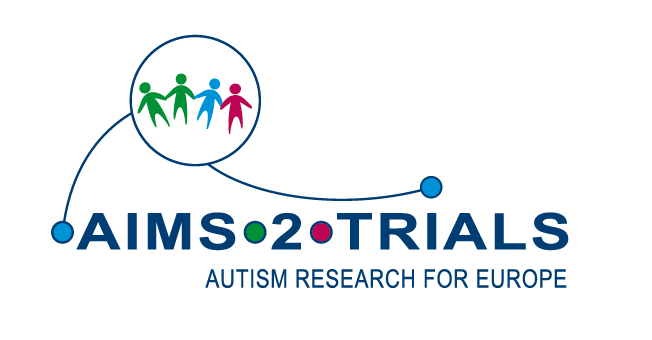Testing Medicines: Tianeptine

Can Tianeptine improve social skills & repetitive behaviour?
Researchers will test whether a medication called Tianeptine can change the level of the neurotransmitter serotonin in autistic people’s brains and whether this can improve their social skills and repetitive behaviours
Serotonin is a chemical that helps nerve cells inside the brain to send messages to each other, helping to regulate our moods and sleep. Serotonin levels in the blood are higher in around 30% of autistic people than in non-autistic people. Although we cannot directly measure the serotonin levels in the brain, we think the high levels in the blood could be one factor contributing to difficulties with social functioning, sleep problems, repetitive behaviours and mood. Two studies within AIMS-2-TRIALS aim to find out whether a serotonin-based medication called tianeptine can affect this aspect of the brain and, if so, whether it can improve social difficulties and repetitive behaviours.
The first study will check whether a single dose of the medicine can have an effect on – shift – serotonin brain activity, and is therefore called a ‘shiftability trial’. A single dose of tianeptine will be given to participants, on one occasion, while they complete tasks of emotion processing, sustained attention and ability to stop a repetitive behaviour in an MRI scanner. There will also be a ‘resting’ MRI scan. On another occasion, a harmless sugar pill called a placebo will be given to participants and they will perform the same scanning session. The responses of autistic and non-autistic adults and the effects of the treatment and placebo will be compared.
Assuming that they pass the shiftability study, the most successful of either this serotonin-based medicine, or the GABA – Gamma-Aminobutyric acid – medicine will go on to be tested in the AIMS-2-TRIALS’ ‘fast-fail’ trial, so called because it aims to be a relatively fast way to test whether a medicine that has already been approved is useful in another way. This will test a longer term course of the medication and compare the responses of a larger group of autistic and non-autistic adults. If it is not successful, researchers know that it has ‘failed’ and do not proceed to a full clinical trial. For the fast-fail trial, participants will be allocated randomly into either the medication or control group – a group that is given a placebo, as above – and will all take part in a number of tests over the time that they are taking it. These tests will be similar to those of the first study. Side effects will be monitored and participants will be able to leave the study at any time, should they wish.
Leaders of the Tianeptine studies
Lead Organisation: King’s College London, University of Coimbra
Lead: Dr Eileen Daly
Principle Investigators: Dr Eileen Daly, Prof Declan Murphy and Prof Miguel Castelo-Branco
Research Centres: King’s College London, University of Coimbra







